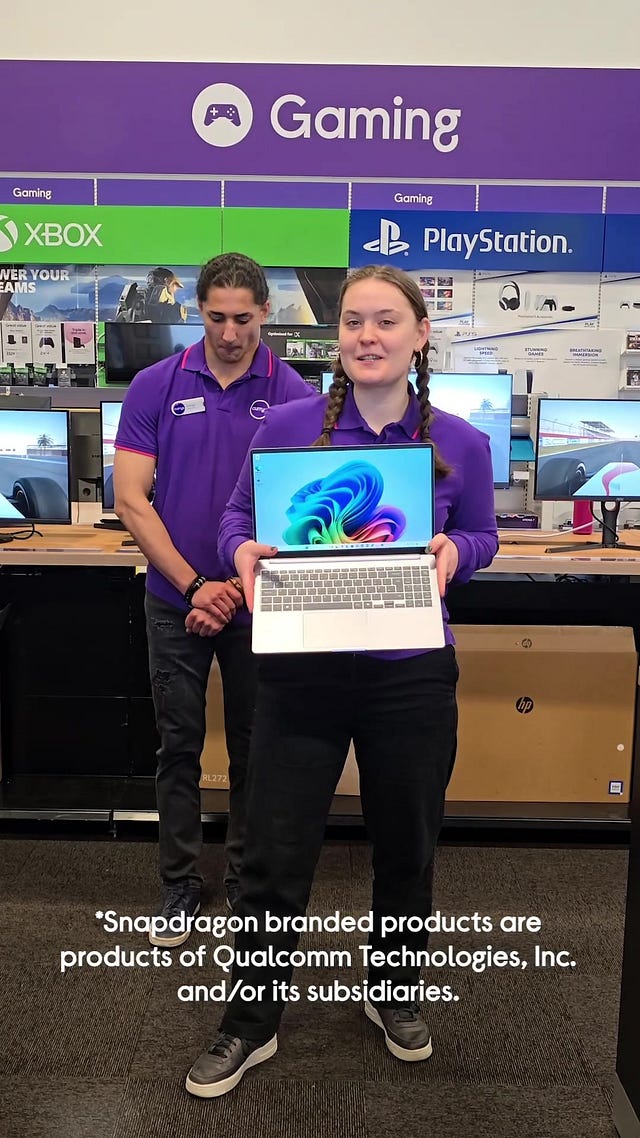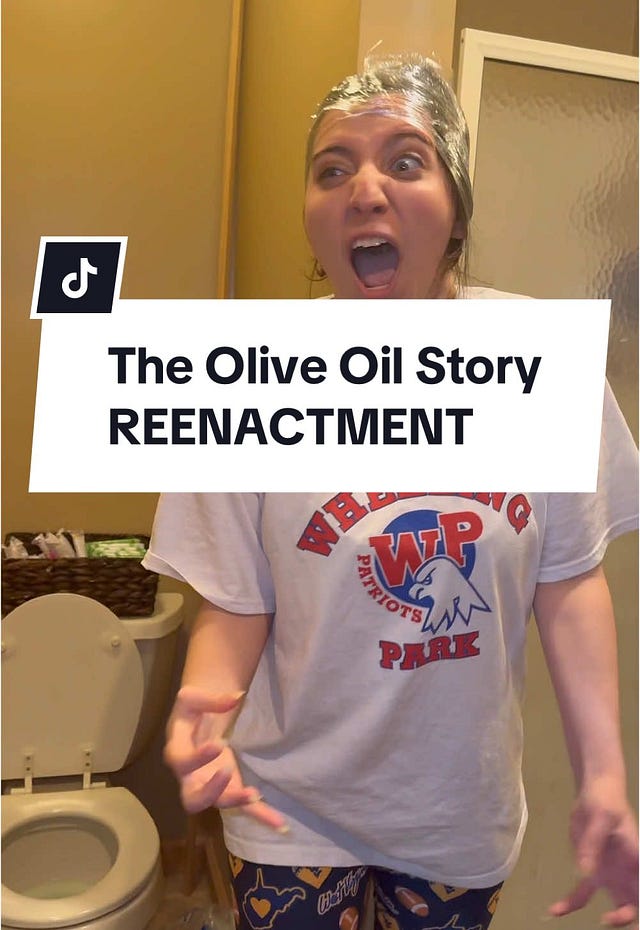Hello!
Thank you for joining me, I’m so glad you’re here.
I feel so much better this week - I think last Sunday was my worst point with the cold. It’s said that there are four viruses going around the UK right now - covid, the flu, RSV and norovirus. Please stay safe out there!
I had a lot of great conversations off the back of last week’s theme of reasonable adjustments, and the open-rate of the newsletter was a lot higher than normal too - it seems lots of people are interested in this subject.
What’s even more interesting is that aside from a large discussion around whether releasing interview questions in advance would help or hinder a candidate (discussed on my LinkedIn post on the same topic) and also a smaller discussion around the importance of transparency of the recruitment process ahead, there weren’t many more ideas floating around.
What I take from this is that people are interested in the topic, and want to learn more, but don’t really know what to do next.
As I work through this in our own processes, I’ll report back. We have a few things we’re trialling, and I’m excited to put them to the test.
Our recruitment process involves the redaction of all identifiable information, and info on characteristics from an application, leaving just the candidates’ skills and experience and (most importantly) their answers to the handful of competency questions we ask them to complete.
In the recruitment of each role, we will invariably get someone who runs their answers to the questions through AI. However, I believe we received our first ever fully AI driven application the other week.
Most people who want to use AI in application processes will copy the question into their AI tool of choice, get the answer and use that. If they are lazy, they’ll use as-is, but if they are clever they will edit the AI answer to fit around their experience.
The difference with this application was that the answers weren’t even answering the questions. For example, in my newly written “do you need reasonable adjustments” question, the answer was something like “this is your opportunity to tell the recruitment team if you have any requirements. List any information here that might help”.
It makes me think that instead of copying and pasting each question, this person had submitted the entire application link into a tool to complete, without the candidate even reading what was written.
It seems that there are tools that do just this [Reddit], so it’s not out of the question.
The state of recruitment/job applications right now is that, due to a drop in open vacancies, and an increase of opportunities that can be done remotely (or, candidates who feel a job can be done from anywhere), applications are through the roof.
In order to cope with the increased volume, employers are investing in tools - tests, assessments, one-way interview software, AI analysis - to help bring the application numbers to a manageable amount.
Faced with increased complexity in the processes, applicants are turning to AI and other tools to help “game” the system.
Where will this end?
Will we get to a point where it’s two AI systems talking to each other about whether a candidate is a good fit for the role or not?
There is more and more talk of a second “Great Resignation” coming [Fortune], and I am personally seeing more and more roles pop up on my LinkedIn feed, whereas at the start of the year it was a complete desert. I’ve even been reminded of the almost-forgotten smugness felt when emailed by a recruiter to ask if I’d be interested in very nice roles.
But as
pointed out in a recent newsletter, while jobs for experienced professionals are on the rise, entry level opportunities seem lower than ever.While the fight for jobs at that lower level remains fierce, the use of AI from both the employer and the candidate will remain high. And I really feel that we should be explaining to candidates what our stances are on it.
There should be up-front transparency around what the recruitment process looks like, and whether it uses AI at all.
And there should be a statement on how the employer feels about the candidate’s use of AI; if it’s detected, will they be scored lower, or even rejected?
Because at the end of the day, there’s no right or wrong answer with this. Some organisations have a real appetite for AI, and some are scared of it. Even within hiring managers there is a difference of opinion, which is why as a recruitment leader I need to set a stance and communicate it to both the hiring manager and the applicants. It wouldn’t be right for applicants of one role to be rejected when the hiring manager feels they used AI, only for applicants to another process be celebrated for their adoption of new technology.
This is something I’ll be working on through December, and I hope it’ll help candidates understand that (within our process at least) they’re fine to use AI, so long as they’re not lazy with it, certainly not using a tool to bash out applications without even proofreading, but that what we look for in the competency answers is their own unique skills and experience.
If other employers out there have a similar transparency around AI, please do chime in! As a lot of folk from the education side of things are subscribed to this newsletter, it’s always great to share examples from a range of employers, so they can advise their students around what to expect.
Links
Here’s an article on apprenticeships from The Times with a very misleading headline making it seem that apprentices earn £100k per year. Bonus points for having a photo of a young person next to a car when talking about apprenticeships, because of course apprentices do stuff with cars, and fix pipes etc.
More gen z than ever are using “buy now, pay later” schemes. This is from Fortune, but similar would be true of the UK. The article talks about how, with buy now, pay later as an option, people tend to spend more money than they had intended.
Gen z are tee-total? How about them being so obsessed with Guinness that pubs can’t keep up with the demand [Guardian].
I really liked Greg’s newsletter this week about transparency in recruitment processes. It reminded me of a heated conversation I had with a friend once. He’s someone who very vocally expresses his strong opinion that all roles should have a salary advertised. Now, I know that it’s infinitely better to have a salary listed. But at the time I was working in an organisation where it just wasn’t possible, due to a merger situation. While we are on this journey to make recruitment better for everyone (and if you read this newsletter, you will know how passionate about this) but we have to be realistic and acknowledge that we can’t always be as transparent as we want to be. Greg’s advice on how to navigate this is great.
TikTok
reported a few weeks ago on the continued trend of gen z recording and publishing them being laid off. In a recent example with 62k “likes” at the time of writing, a PwC employee was laid off.In brighter news, I loved this video report on how Volkswagen hid job offers in cars, to be found by mechanics. Both the method and the story for employer brand purposes, are really cool!
Currys smash it out the park again with more great content:
And this week’s idea to use is a bit of a bleak one…would love to see if people can make it work…
This TikTok trend is photo-based content which doesn’t always work when embedded into things, so I will link instead.
The content uses this photo:
And as viewers scroll across, there is a mortifying/horrednous story.
Examples:
That last one has gone viral in itself, with at least one reenactment (2 million likes at time of writing):
 Tiktok failed to load.
Tiktok failed to load.Enable 3rd party cookies or use another browser
I have not seen an example that’s not a very embarrassing personal story yet, and as this trend is HOT right now, this is the chance for those of you who work in places without ridiculous approval chains to whip out some branded content. Someone out there must have a good example of a very PG embarrassing work related story to use?
Please, let me live vicariously through you and your content.
As always, please do get in contact if you’d like to chat about any of today’s themes!
Have a great week ahead.
Until next week,
Charlotte










I guess with candidates using AI for applications, the proof will be in whether or not they can adequately back up their responses in interview and talk through the process. It doesn't seem particularly wise to use AI without even proofreading it, but I know only too well how tedious and soul-destroying it can be when you're having to write individually tailored application after individually tailored application. I've used AI to streamline some cover letters and to give me ideas on how to approach certain questions, but I would be too wary of the AI including something irrelevant or just plain nonsensical to actually get it to fully complete an application for me. Glad you're feeling better, we have also been living in a Den of Lurgy. 💚